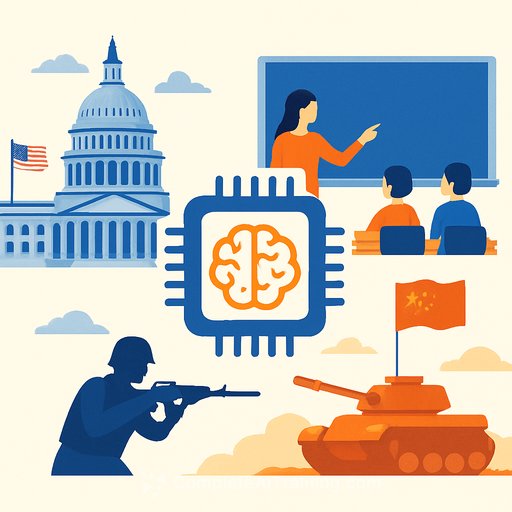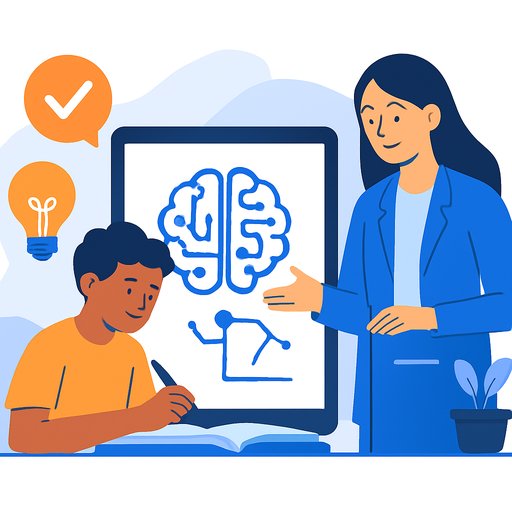Djibouti Launches AI Training for Education Inspectors
On Wednesday, October 8, 2025, the General Inspectorate of National Education (IGEN), in partnership with the Ministry of National Education and Vocational Training (MENFOP) and the International Organization of La Francophonie (OIF), launched a focused training program on artificial intelligence for education.
Part of the 2025-2026 Annual Continuing Education Plan, the program targets all MENFOP educational inspectors. The goal is clear: build ethical, pedagogical, and professional competence in AI so inspectors can improve supervision, training, and educational decision-making across Djibouti.
Why this matters for education leaders
Inspectors influence standards, teacher development, and resource allocation. Giving them practical AI skills sets a higher bar for classroom quality and system-wide governance.
This move strengthens digital literacy where it counts-leadership-and supports a measurable shift in how schools plan, teach, and assess.
How the program works
The training is led by Dr. Houssein Ahmed Assowe, Director of the Center for Research in Mathematics and Digital Technology and Lecturer in Computer Science at the University of Djibouti. The format blends theory, case studies, and hands-on workshops to connect AI tools with real inspection, management, and classroom scenarios.
Seven intensive sessions run from October 2025 to January 2026, each focused on high-impact topics in AI for education:
- Digital ethics and responsible use
- Data management and privacy
- Adaptive learning technologies
- AI-driven decision support systems
Practical outcomes you can expect
- Clear guardrails for AI use in supervision, evaluation, and teacher training
- Stronger data governance and privacy practices across institutions
- Smarter resource planning using evidence from AI-enabled dashboards and analytics
- Structured professional development pathways guided by inspectors
What schools and training institutes can do next
- Map inspection and PD workflows where AI can reduce friction or improve feedback cycles
- Publish an ethics and data policy that covers consent, bias, and model transparency
- Run small, time-boxed pilots (e.g., adaptive practice, formative assessment) with clear success metrics
- Build PD tracks that pair teachers with inspectors for coaching on responsible AI use
- Create a feedback loop to retire ineffective tools and scale what works
For broader context on multilingual cooperation and digital education, see the International Organization of La Francophonie. For policy guidance on safe and effective AI use in classrooms, review UNESCO's Guidance for generative AI in education and research.
Further learning for education leaders
If you're planning AI-focused professional development or curriculum updates, explore curated programs at Complete AI Training: AI courses by job and the latest AI courses.
This initiative sets a practical foundation for AI literacy among Djibouti's education leaders and supports a more accountable, technology-enabled learning environment nationwide.
Your membership also unlocks:






